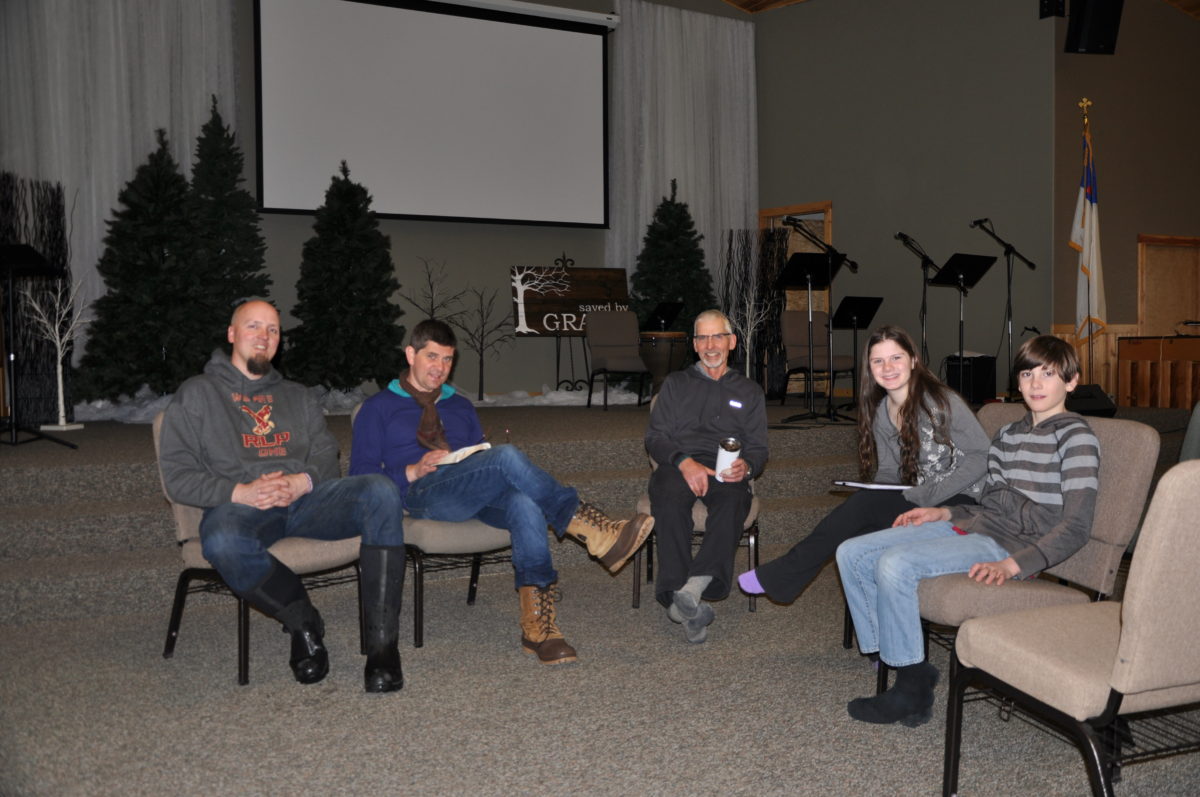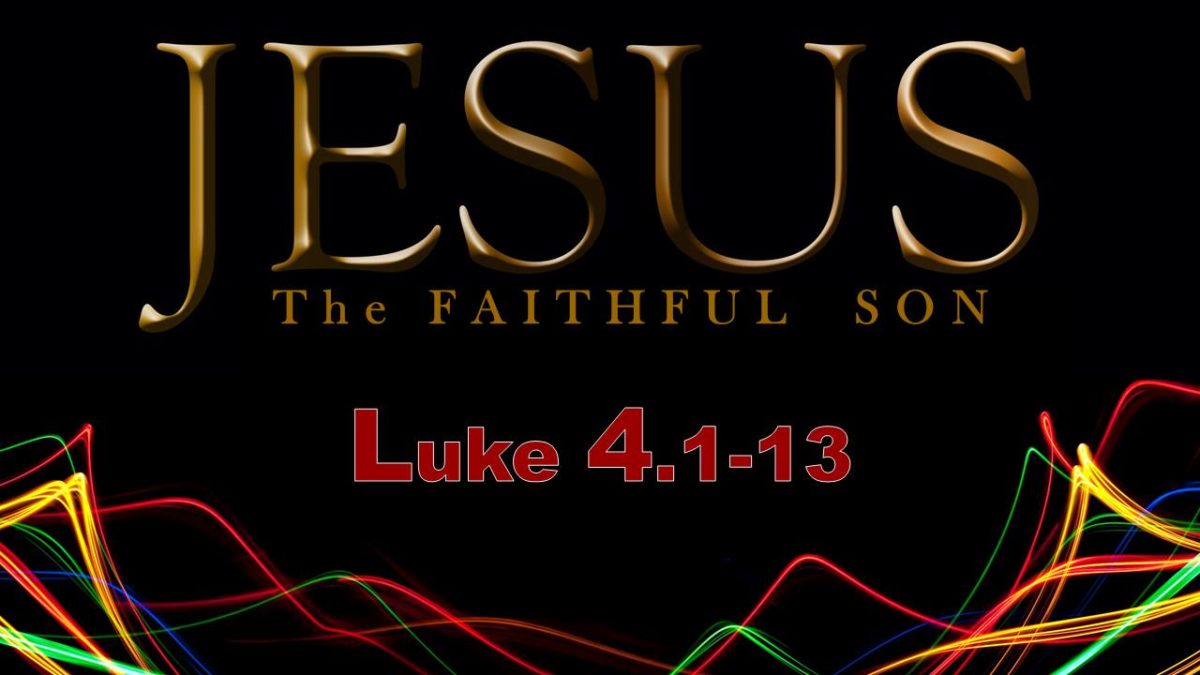This week, with a great many of our Woodland women off on retreat, we’ll be jumping out of Luke. In that gospel we have been traveling through a section (chapters 4-9) that emphasizes Jesus’ teaching.
Jesus’ central message, we’ve seen, involves the Kingdom of God—the reign and rule of God that is most immediately present in the person of Jesus. So, when Jesus is on the scene, there’s ” … good news to the poor … liberty preached to the captive … sight to the blind … freedom to those oppressed (4.18).
But, Jesus didn’t come out of nowhere. In fact, testimony of God’s reign and rule have been available since the creation of the world. And, Psalm 145, attributed to King David, is one of those places that describes God’s kingdom by telling us about the great, mighty, awesome ruler Himself. This, we are learning in Luke, is the ruler who sent Jesus!
But, what is to be our response to God’s kingdom? This response is the subject matter of Psalm 145.
First, we’re to praise God from one generation to the next (:1-13a). We do this because … God’s greatness is unsearchable (:1-3) … God is worth being excited about (:4-7) … God is gentle to us in our sin (:8-9) … God’s work will bless Him in the end (:10) … and God’s reign and rule will not end (:11-13a).
And here’s the message we’re to pass along to others: Your [God’s] kingdom is an everlasting kingdom, and your dominion endures throughout all generations (:13a, ESV). God’s reign and rule have always existed and will always exist. We get to be a part of praising Him for His glory … might … and glorious splendor.
Second, we’re to praise God for His care (:13b-21). We do this because … God shows His might by His compassion (:13b-16) … God responds to those who call on Him (:17-20) … and God has made us to praise Him (:21).
The real test of a leader is what he or she does with his or her power. Real leaders bless and don’t dominate. Real leaders build up others from their resources. They don’t leverage their power for their own gain. This is true of earthly leaders, because this is true of God. God’s character is seen most clearly in how He treats the weak. There’s a twist here, however: only those who know they need God see this aspect of His character. And then, God responds to them!
Psalm 145 doesn’t mention Jesus, does it? And yet, in God’s unfolding story of redemption (that we’re learning about in the Gospel of Luke), we see that the sending of Jesus is the crucial act of God that reveals God’s reign and rule. At the cross, and at the tomb, God’s reign and rule became actual for those who would depend on Jesus by faith.
And, for us …?
Our proper response to God’s reign and rule is praise to God for His work in Jesus.
How about you? Why don’t you consider the following questions, in light of Psalm 145 and God’s story of redemption:
- What has God done that we need to tell the next generation about?
- How has God shown kindness to you?
Take some time to discuss these questions with others this week. And have a great week, in the LORD!













